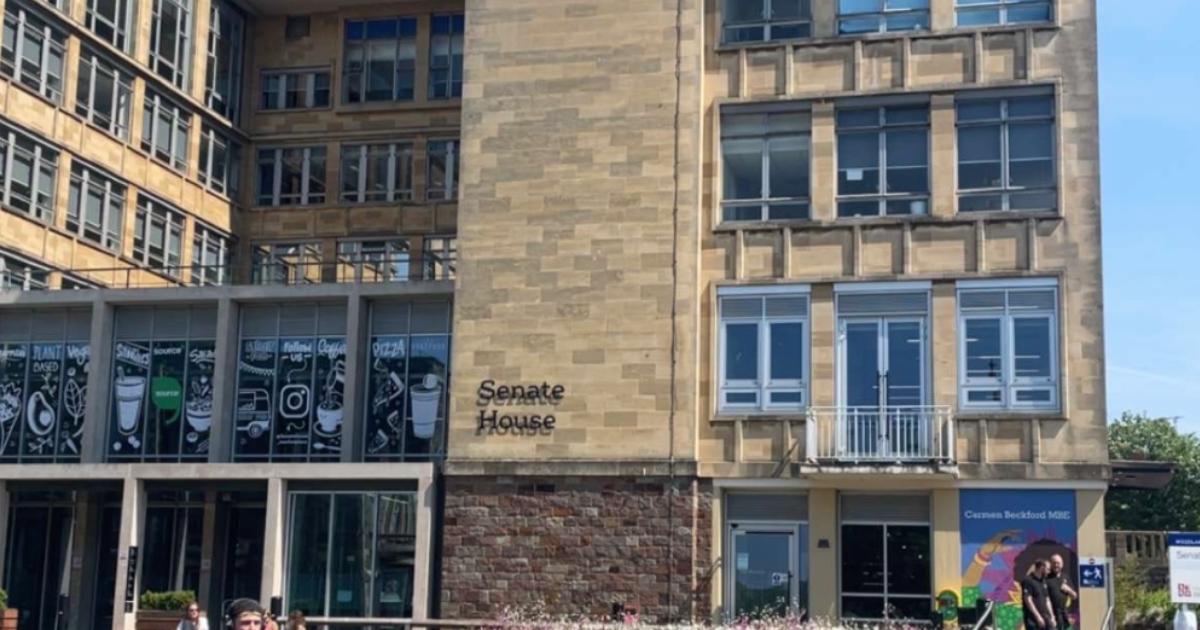Concerns have been raised that leading UK universities are handing out reduced offers to non-white students, even when those students come from affluent backgrounds, and Bristol hasn’t escaped these claims.

The Times have reported that universities including the University of Bristol, have contextual offer programs that appear to benefit students from wealthy families solely based on their ethnicity, instead of offering a hand up to students facing significant disadvantage. Parents of pupils at selective schools told The Times that students with one parent born outside the UK were eligible for reduced entry requirements, even though some of these students live in “very expensive properties” or have parents with high paying jobs.
The University of Bristol runs a programme: Next Step Bristol, that allows non white students to be offered places with two A Level grades lower than the typical requirement. The University explains that their contextual offer scheme is always oversubscribed, and priority is given to students from deprived backgrounds such as refugees, disabled students and members of military families, the contextual offers are not given based on ethnicity alone.

This example from the University of Bristol is only part of a broader national issue, across the UK several universities are facing criticism for how they use contextual offers. Including leading universities such as Oxford and York, who have also been found to lower grade requirements for non-white applicants. A freedom of information request revealed that 16% of Black UK undergraduates at Oxford were accepted despite missing their grades, compared with 6% of white British and 2% of Chinese students.

The universities argue the reduced offers are part of an effort to assist students from low-income families or underrepresented groups. Some parents feel as though the system is not achieving its original purpose. These concerns have been echoed by experts who believe the criteria for contextual offers needs to be more transparent going forward.
The university of Bristol has said in relation to the claims made my parents in The Times:
“We use contextual offers as we recognise that a students’ potential may not always be reflected in their predicted grades; especially if they have been affected by educational or domestic disadvantage. Rather than promoting a culture of low expectations, our sector-leading contextual offer scheme creates an opportunity for students from all backgrounds to apply to our University, with the confidence that they will succeed when they study with us. This is reflected in the high retention rates for these students and in the academic levels they achieve. We work hard to communicate what it means to receive a contextual offer to applicants, parents and teachers. It has helped to diversify our student community and we’re proud of the outstanding students we’ve recruited through this approach.”
In relation to Next Step Bristol, they said:
“Next Step Bristol is one of several programmes we run to support state-educated students from underrepresented, disadvantaged, and marginalised backgrounds to access higher education. Due to it being heavily oversubscribed, we use additional eligibility criteria when selecting participants. These criteria include whether the student is eligible for free school meals, lives in an area of relative deprivation or is a mature student. No one would receive a contextual offer on the sole grounds that one of their parents was born outside the UK and this is not a criteria we use.
The University strongly denies claims made my parents in The Times that aspiring Bristol students could receive a contextual on the sole grounds that one of their parents was born outside the UK.
